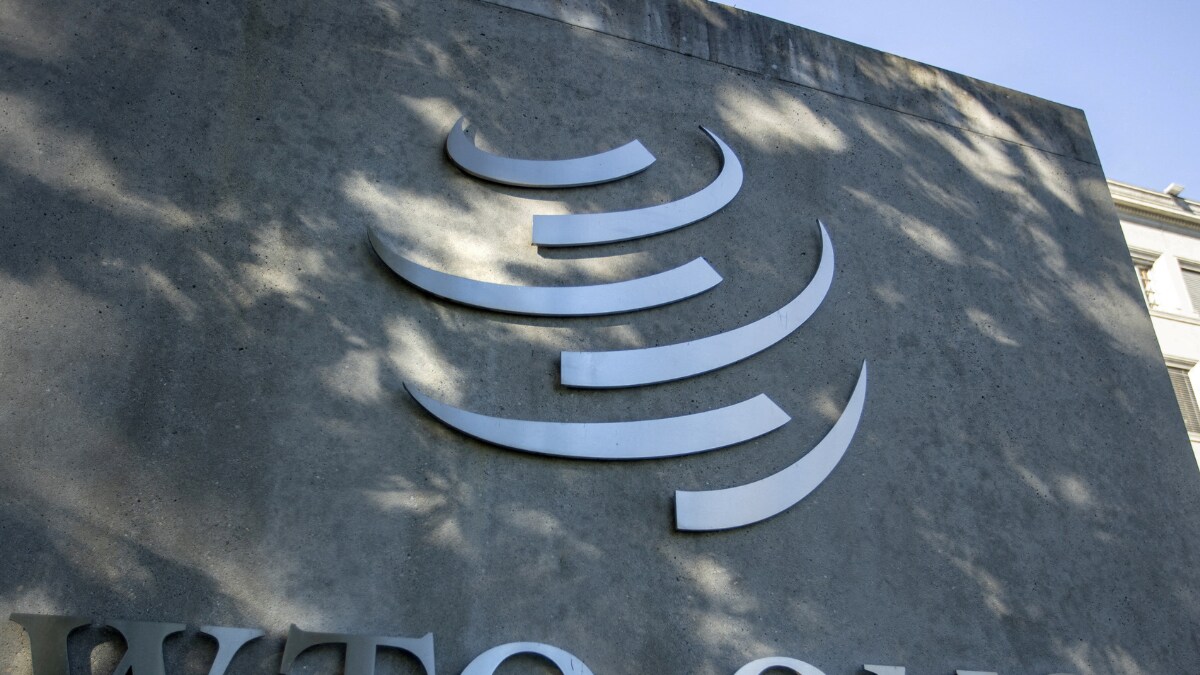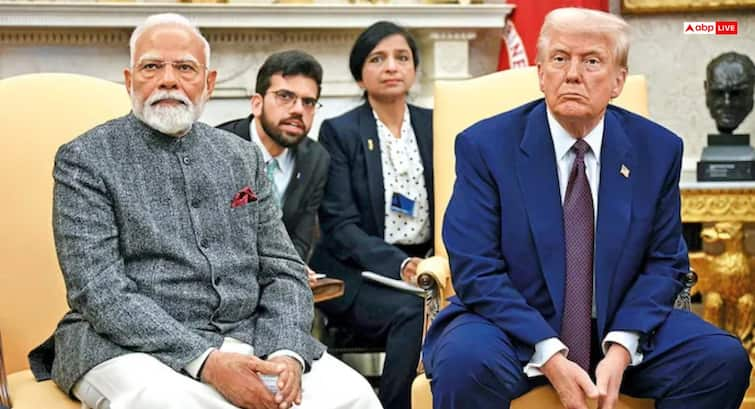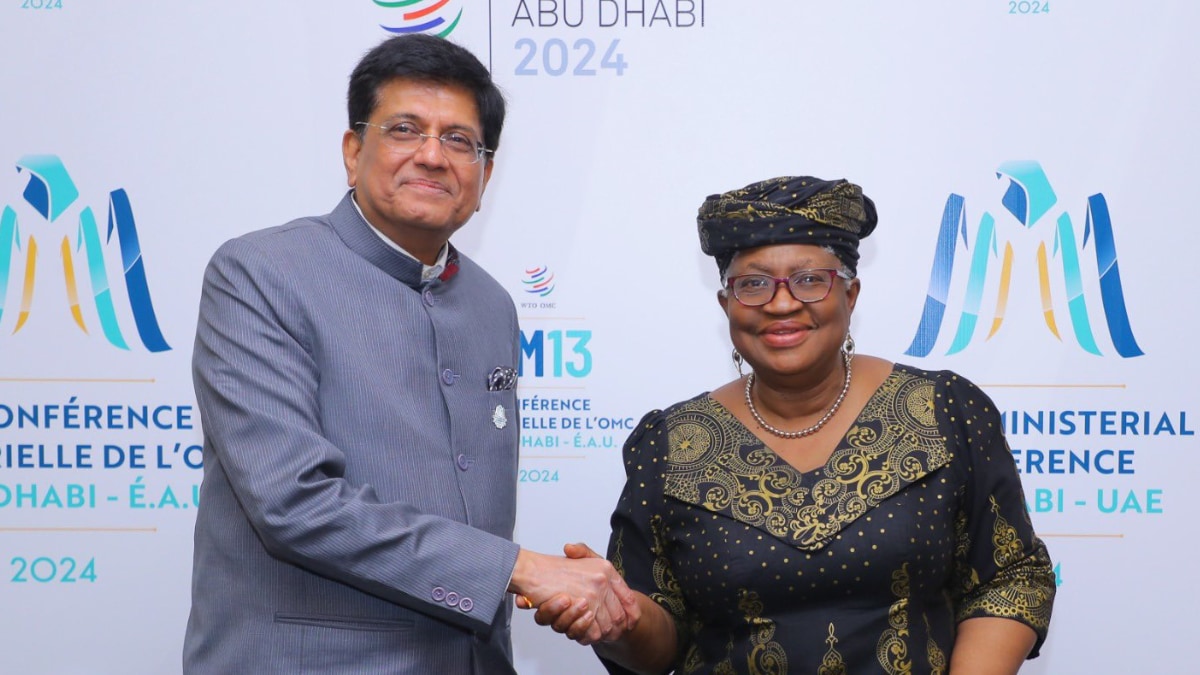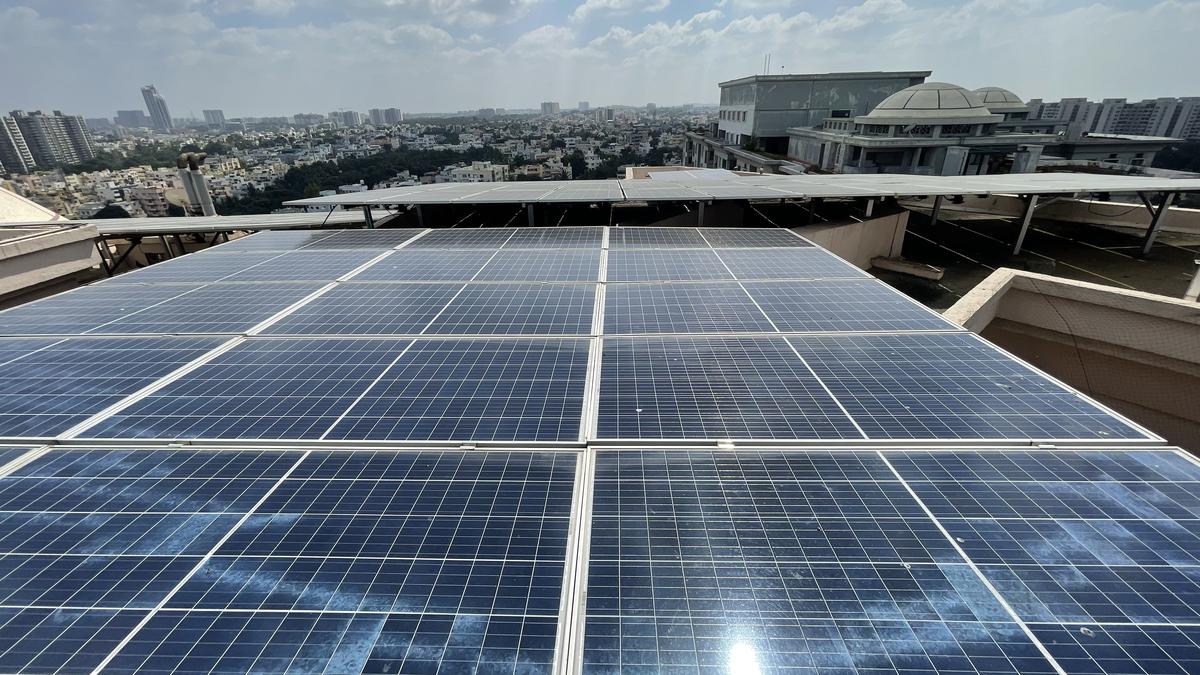- March 1, 2024
WTO’s 5th Day Meet: Talks On to Break Impasse Over Agri, Fisheries Issues – News18

WTO spokesman Ismaila Dieng says that the ministers continue to be engaged in intensive and difficult discussions on a package of agreements for adoption at MC13. (Reuters File Photo)
The 13th Ministerial Conference (MC), which was to end on February 29, extended for a day as developing and developed nations were unable to find common ground on these key issues
The meeting of the highest decision-making body of the WTO on Friday entered the fifth day with key members including India, the US, and the EU holding talks to iron out differences on issues such as agriculture, fisheries subsidies, and duty moratorium on e-commerce trade.
The 13th Ministerial Conference (MC), which was to end on February 29, extended for a day as developing and developed nations were unable to find common ground on these key issues.
The members are talking to end the impasse and so far things have not moved much, an official said.
“There are nine countries in the green room meeting including Brazil and China. The negotiations have been extended as WTO chief Ngozi Okonjo-Iweala is pushing for outcomes,” the official said.
WTO spokesman Ismaila Dieng said that the ministers continue to be engaged in intensive and difficult discussions on a package of agreements for adoption at MC13.
“As a result, in order to give more time for negotiations, the Formal Closing Session of MC13 has now been postponed to 5 pm UAE time on Friday, 1 March,” Dieng said.
India has clearly stated that finding a permanent solution to the public stockholding of grains for food security purposes should be the top priority before taking up any new issues in the agriculture sector.
There are major differences among rich nations also on issues related to market access for agri commodities. There are seven agri matters which include export restrictions.
An official said talks are going on among the member nations on all the issues and India is clearly stating that it will not compromise the interests of farmers and fishermen.
New Delhi is pressing for a permanent solution to the issue of public stockholding of grains for food security programmes and has asked developed countries engaged in distant water fishing to stop providing any kind of subsidies for 25 years.
India is also pressing for an end to the moratorium on imposing customs duties on e-commerce trade.
India and South Africa have blocked a proposal led by China on investment facilitation stating that the agenda is out of the WTO mandate.
India has also asked for the restoration of the appellate body of the WTO’s dispute settlement system. The US has been blocking the appointments of judges in the body since 2019, due to which the system is not working smoothly.
New Delhi is pitching for finding a permanent solution to the issue of Public Stockholding (PSH) for its food security programmes.
PSH programme is a policy tool under which the government procures crops like rice and wheat from farmers at a Minimum Support Price (MSP) and stores and distributes foodgrains to the poor.
As part of a permanent solution, India has asked for measures like amendments in the formula to calculate the food subsidy cap. Further, the talks on non-trade issues such as trade inclusiveness, women’s participation in trade, industrial policy, and environment, in the draft Abu Dhabi package also remained unresolved so far.
However, the ministerial has managed to get at least five outcomes such as new disciplines on domestic regulation for services, formal joining of Comoros and Timor-Leste as members of the WTO, and least developing countries continuing to get the benefits of LDC even three years after graduation.
Besides, India is also pushing for the adoption of open and interoperable payment systems with a view to cut the cost of money transfers or remittances as the dominance of a few large players in the market contributes to these high costs through complex and opaque fee structures.
According to an expert, the challenge of high remittance costs, averaging 6.18 per cent globally, are well above the United Nation’s target of 3 per cent.
MC is the highest decision-making body of the 166-member Geneva-based multilateral body. As many as 22 more nations have shown interest to join the organisation.
At the meeting of the Heads of Delegation on 28 February, DG Okonjo-Iweala has called on members to go the extra mile to find convergence on various negotiations at the ministerial gathering and to be mindful that time is running out to conclude meaningful agreements.
(This story has not been edited by News18 staff and is published from a syndicated news agency feed – PTI)







